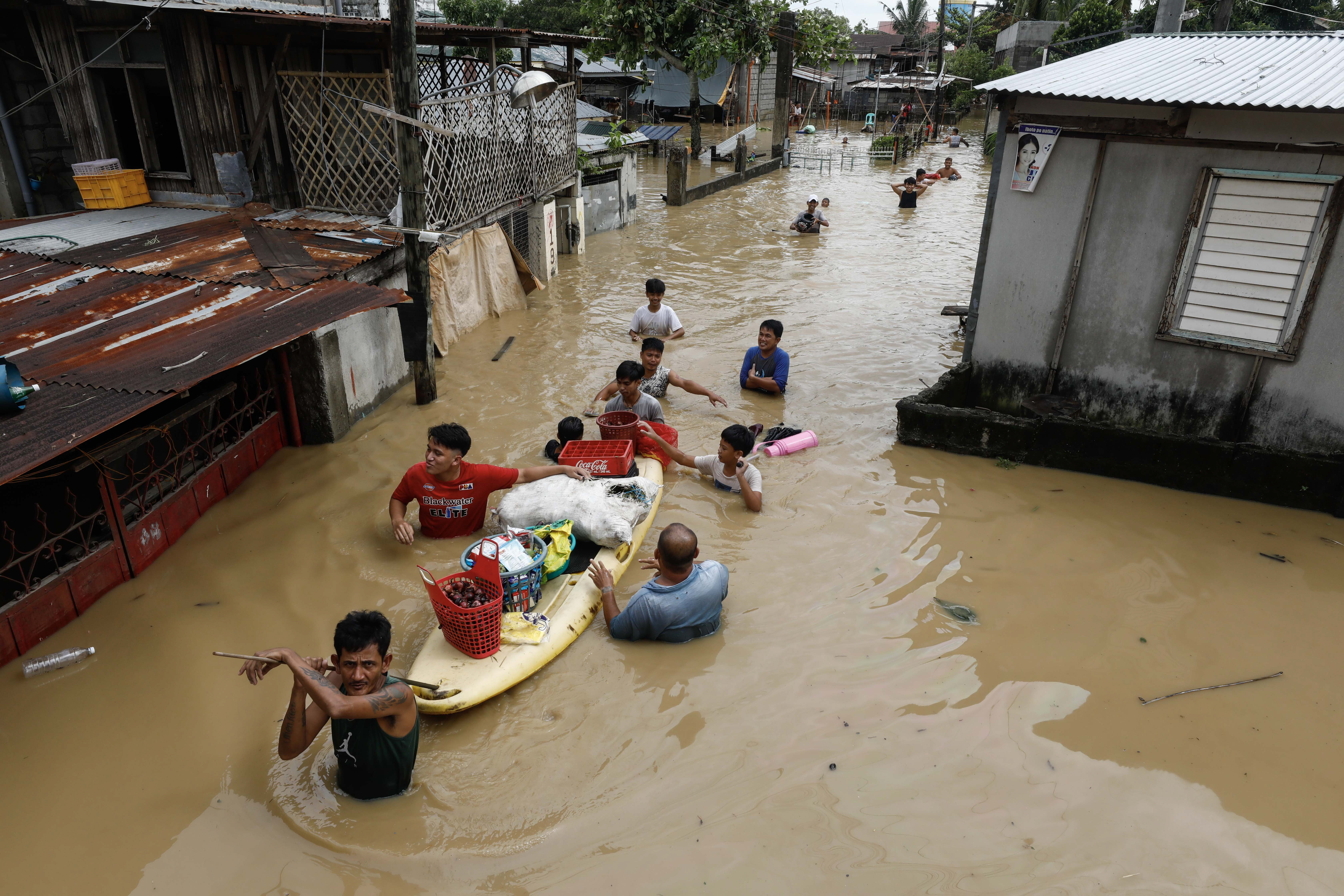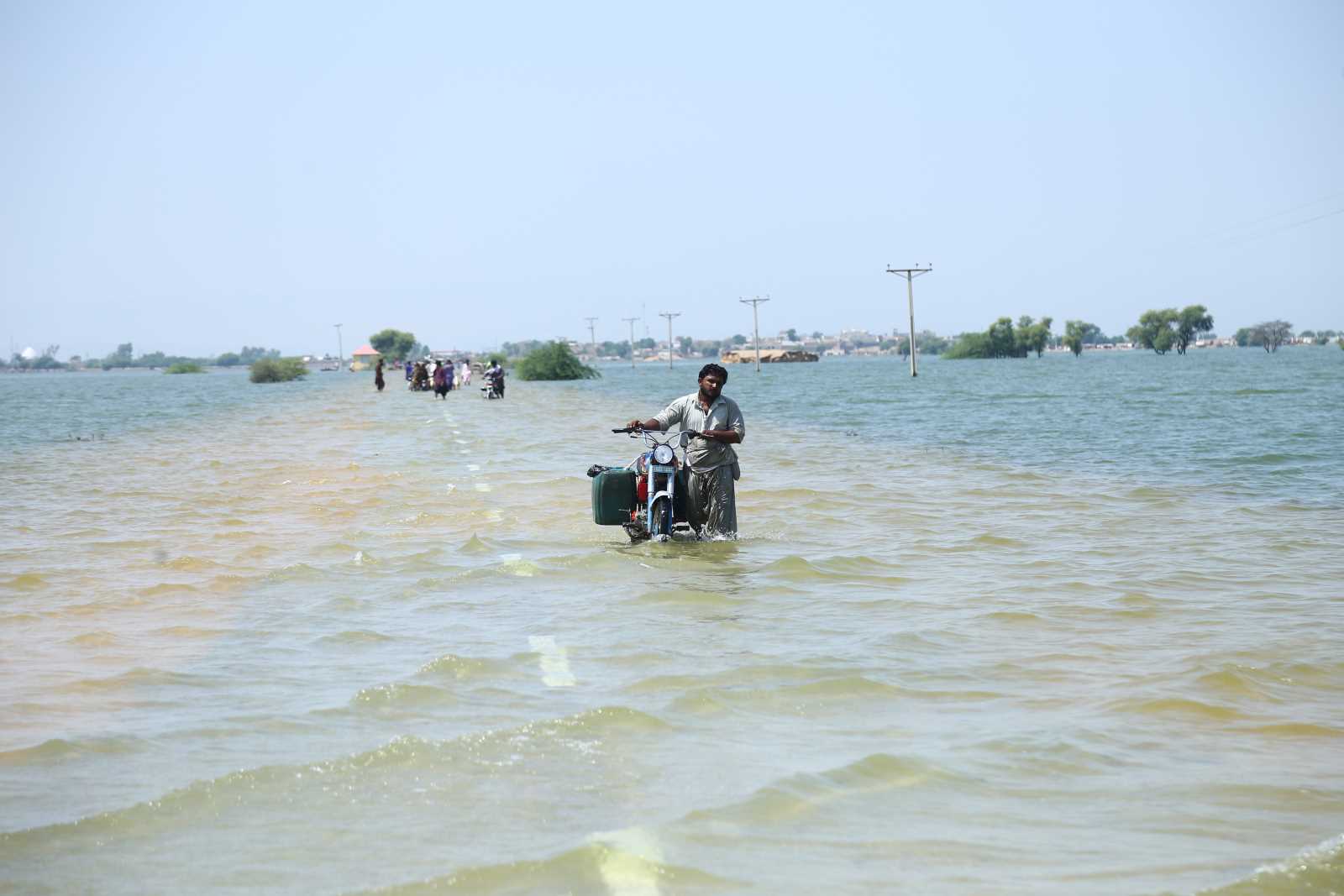Time to put words into practice
This year’s summit is especially important: first, because it is high time to act with determination if we want to prevent the worst, and second, because the Paris Agreement, that was seen as a breakthrough in international climate policy when adopted in 2015, urgently needs a rulebook to make it work. If the international community is able – or rather politically willing – to reach a consensus on the worked out draft, COP24 will be seen as successful.
However, real progress must be measured by actions. Climate talk has overall been on the right track for quite some time – but the necessary decarbonisation of economies remains a mere dream. Carbon emissions reached a record high in 2017, which will probably be topped this year.
In theory, most of the relevant players are committed to energy transition. At the G20 summit in Buenos Aires, 19 of the group’s members, that produce 80 % of the world’s greenhouse gas emissions, just reaffirmed their pledge to fight climate change, leaving US President Donald Trump isolated. On the other hand, no G20 country is on course to fulfil the Paris Agreement’s aspiration to keep global warming below 1.5 degrees Celsius. According to Climate Transparency, an international NGO alliance, only India is on course to keeping the rise below two degrees, the upper limit set in the treaty. Eighty-two percent of the G20’s energy supply still comes from fossil fuels. No doubt, action is needed fast.
The EU is a good example of strong talk and weak action. The EU Commission has recently raised its ambitions in the run-up to COP24 and now wants the union to be carbon neutral by 2050. But the EU can only do what its members endorse – and the new target is far more ambitious than the national targets set so far by the majority of the 28 member nations. Poland, the COP host, is the EU’s biggest coal mining country, and President Andrzej Duda declared during the COP opening ceremony on Monday: “As long as I’m president of Poland, I will not allow anyone to kill the Polish coal industry.”
Germany, the EU’s biggest economy, is causing worries too. Once a global frontrunner on renewable energies, the country is still Europe’s biggest coal user and will miss the federal government’s official reduction target for 2020. The government looks half-hearted, to put it mildly, though people are rallying for phasing out coal fast. The government has set up a commission to draft the phase-out plan, but it will not be able to comply with the end-of-year deadline.
Meanwhile, protests against planned fossil-fuel taxes in France make clear how important the social dimension of climate protection is. Putting a price on dirty energy is useful – but must not exacerbate inequality.
The good news is that most scientist argue that global warming can still be kept within a tolerable limit. The special report on the impacts of global warming of 1.5 degrees, that the Intergovernmental Panel on Climate Change (IPCC) published in October, clearly explains what governments must do to deal with climate change. The success of COP24 will depend to a large extend on the major emitters’ will to act accordingly.













